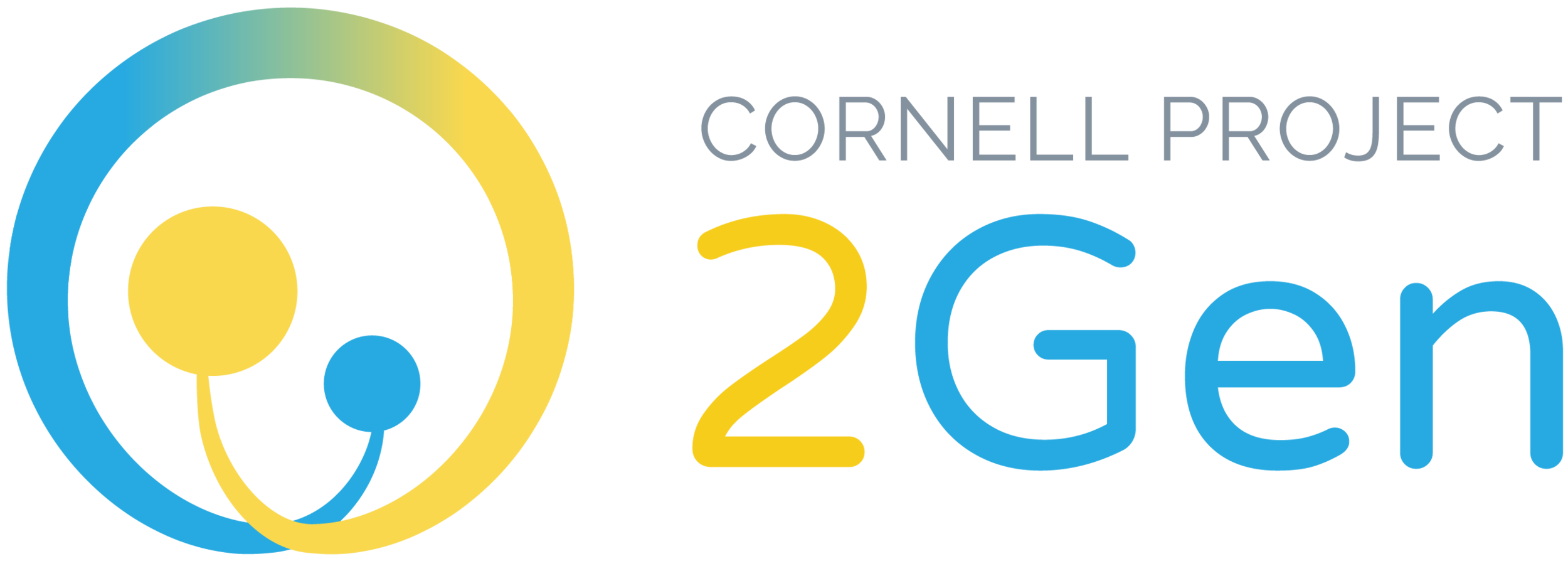Revisiting Theory on Research Use: Turning to Policymakers for Fresh Insights
Social science has done well in providing empirical studies that depict how research is used in policymaking. Yet it performs less well in another contribution science can make-developing explanatory theoretical frameworks that predict and promote future research use. To address this theoretical void, onsite studies of policymakers have been called for. In this qualitative study, semistructured, face-to-face interviews were conducted with 123 legislators in 2 states, 32 legislators nominated by colleagues as exemplar research users, and 13 key informants. Policymakers' reports of 14 contributions that research makes to policymaking are compared to the predictions of four prominent theories of research utilization, which are representative of four categories of theories that examine the interface between researchers and policymakers-the politico-administrative decision-making model, a typology of research use; community dissonance theory; and policy agenda-setting/multiple-streams theory. The eight research contributions most frequently mentioned by policymakers cut across policymakers, political party, and states with varying degrees of partisan polarization. In some respects, policymakers' perceptions were well-aligned with theory, such as the contributions research makes to individual considerations (e.g., informing, explaining, and justifying one's positions), and to policy issue considerations (e.g., defining issues; designing legislation). Yet other contributions were seldom predicted by theory, such as the contributions research makes to policymakers' relationships (earning the trust of colleagues; educating others) and the policy process (asking important questions; enhancing debate, dialogue, collaboration, and compromise). Policymakers report that these contributions of research provide both policy and political benefits. Implications are drawn for advancing theory on research utilization.
